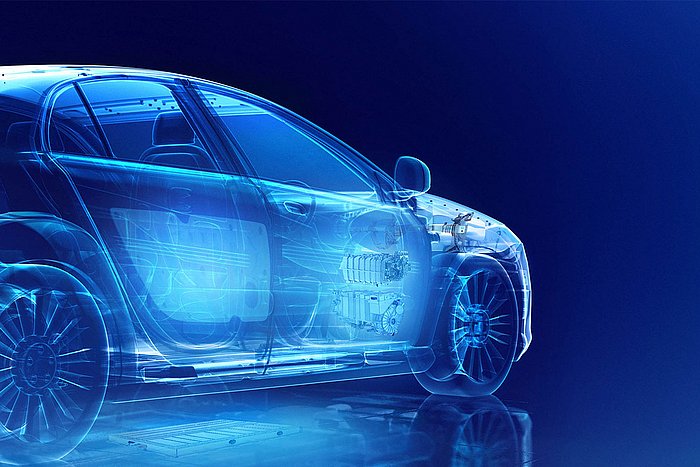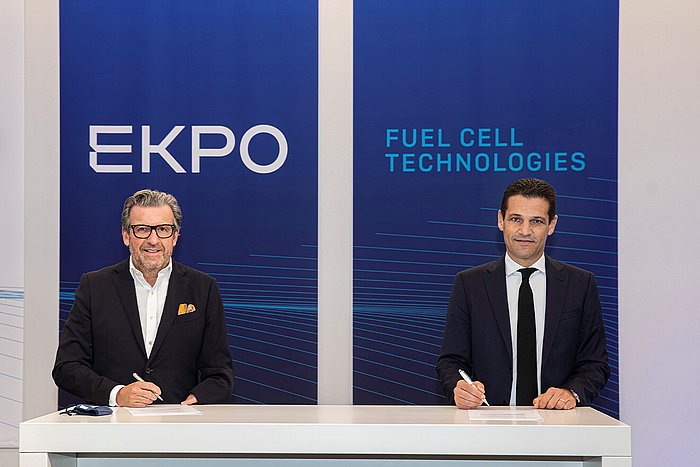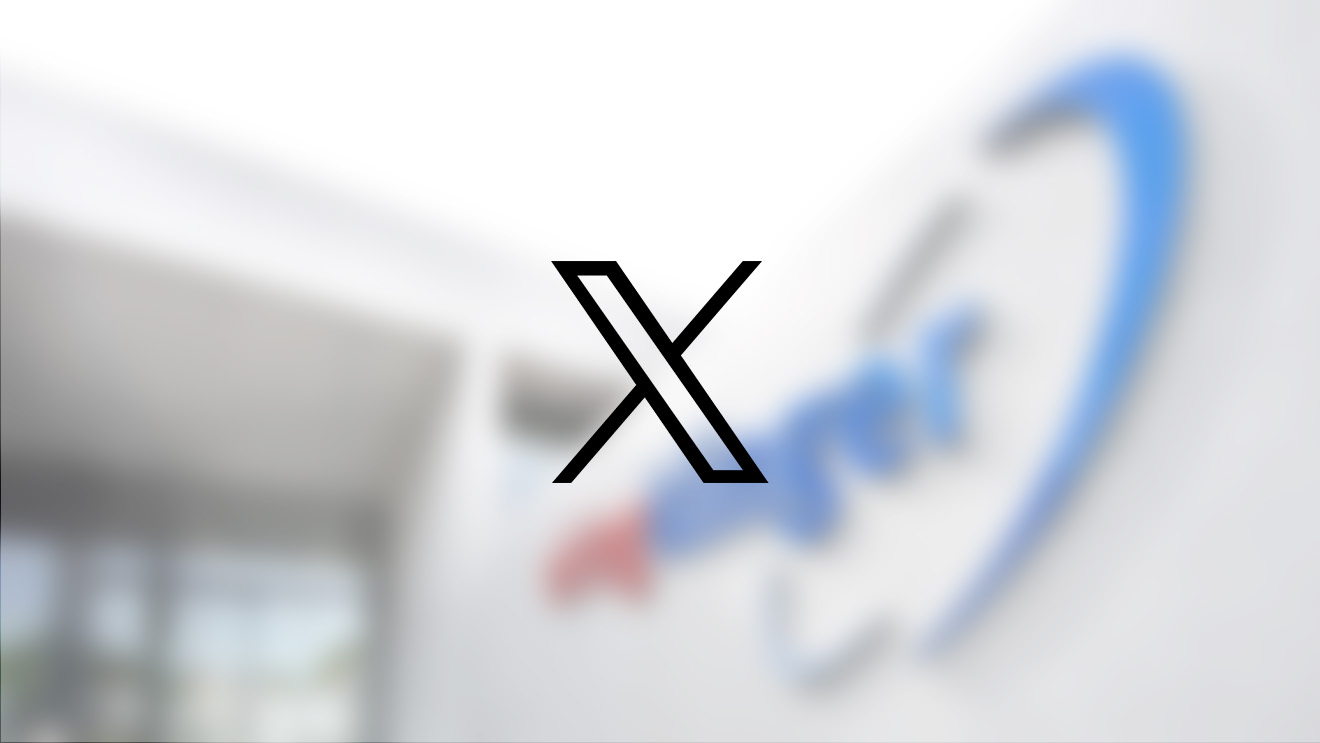- Operating free cash flow in positive territory at EUR 25.8 million despite COVID-19 economic crisis; net debt scaled back by EUR 120.0 million or 17.1% within twelve months
- Revenue down by 41.9% to EUR 252.2 million in second quarter, organically by 40.5% - Global automobile production slumps by 44.5%
- EBIT at EUR -32.4 million in second quarter of 2020 and EUR -16.4 million in first half
- CEO Dr. Stefan Wolf: "Even against the backdrop of the corona crisis, we were able to continue on our chosen path: we achieved positive operating cash flow and further reduced net debt."
Dettingen/Erms (Germany), August 7, 2020 +++ The second quarter of 2020 was dominated by the coronavirus pandemic, particularly in Europe and in North and South America. Social-distancing measures were introduced as early as March, factories had to interrupt production, schools and kindergartens were forced to close - public life came to a standstill. This also precipitated a slump in demand within the automotive industry. While vehicle production in Europe was gradually ramped up again from the end of April, North America had to wait until May before it saw a resumption in manufacturing. Nevertheless, the recovery there proved more dynamic compared to that seen in Europe. China, the largest automotive market, was only marginally affected by the pandemic in the second quarter of 2020 and only in certain regions.
Organic decline in revenue less pronounced than market downturn
ElringKlinger AG's key financials for the second quarter are to be judged within this context. Overall, the Group generated sales revenue of EUR 252.2 million, which constitutes a year-on-year decline of EUR 181.9 million or 41.9%. Taking into account changes in the scope of consolidation and assuming constant exchange rates, the decline amounted to EUR 175.9 million or 40.5%. Therefore, the Group's organic change in revenue in the second quarter was again better than the performance of the global automobile industry, which saw production output fall by 44.5% in the same period. Even when reviewing the first half of the year as a whole, the organic decline in revenue of 25.0% was less pronounced than the change recorded within the global market, which declined by 33.2%.
The spread of the coronavirus was also reflected in Group revenue in the individual regions during the second quarter: while the region covering Asia/Pacific, at EUR 62.7 million, saw a comparatively small decline of 13.3% compared with the same quarter of the previous year, revenue from sales in Germany and the Rest of Europe declined significantly, by -34.8% and -49.2% respectively. Stoppages of several weeks also caused revenues in the region encompassing North America to fall by 54.3%. Here, the market slumped by almost 70%.
Order situation against the backdrop of the corona crisis
The corona-related decline in demand in the second quarter can be seen to a similar extent in the order situation: adjusted for currency effects, order intake decreased by EUR 216.5 million or 15.2% to EUR 192.6 million. At EUR 929.4 million, order backlog was down by EUR 133.6 million or 12.6% compared to the same quarter of the previous year.
Earnings visibly influenced by corona crisis
The reduction in revenue was also reflected in earnings before interest and taxes (EBIT). At EUR -32.4 million, EBIT was EUR 42.6 million lower in the second quarter than in the same quarter of the previous year. As a result, the EBIT margin stood at -12.8%. In the first half of the year, EBIT was EUR -16.4 million, while the margin amounted to -2.5%. After taxes, the result for the period was EUR -35.5 million, which corresponds to earnings per share of EUR -0.53.
Dr. Stefan Wolf, CEO of ElringKlinger AG, commented as follows: "Despite the effects of the coronavirus pandemic, our figures for the first half of the year are to be seen as relatively robust. This is due in part to the measures swiftly taken by us in response to the coronavirus pandemic as well as our solid performance in the first quarter." Here, the Group had been able to achieve EBIT of EUR 16.0 million despite the COVID-19 effects in Asia and the slowing economy in Europe. "Overall, we are well on track when it comes to our program aimed at raising efficiency levels, despite the fact that the benefits are not being seen at all levels due to the corona crisis," said Dr. Wolf. "What is important, however, is that we were able to continue on our chosen path: we achieved positive operating cash flow and further reduced net debt."
Operating free cash flow in positive territory
The program aimed at raising efficiency levels was implemented back in 2019. The disciplined investment approach initiated by ElringKlinger was again pursued over the course of the first half of 2020. A total of EUR 22.7 million was invested in property, plant, and equipment and investment property during the first half of the year, EUR 10.4 million of which was invested in the course of the second quarter. This represents a ratio of 4.1% in relation to Group revenue in the second quarter and 3.5% in the first half of the year. Overall, the Group now expects a ratio below 5% (previously: below 7%) for the year as a whole.
Net working capital was also optimized: while the effects of trade receivables and trade payables almost balanced each other out, inventories were actively managed, resulting in a supporting effect for operating free cash flow. Despite negative earnings, operating free cash flow was thus in positive territory at EUR 23.6 million. As a result, net debt, which amounted to EUR 595.3 million at the end of 2019, was scaled back by EUR 15.4 million to EUR 579.9 million.
Major uncertainties for the year as a whole - Outlook confirmed
The economic impact of the coronavirus pandemic still cannot be accurately assessed, as the uncertainties are simply too pronounced at present. It is impossible to predict how quickly the demand-side situation in Europe will improve, nor is it possible to assess whether the economy in North America will develop at a sustainable level. In view of the rising number of COVID-19 cases in numerous countries, it is also difficult to predict whether there will be a further wave of infection necessitating protective measures. Due to these major uncertainties, providing a sufficiently reliable and accurate outlook for the year continues to be a challenge. Based on the information and estimates available at the time of reporting, ElringKlinger can confirm its annual guidance and anticipates that the change in revenue will be slightly better than the figure relating to global automobile production for the financial year as a whole. The latter is currently being estimated at -22% compared with the previous year. In terms of earnings, the Group is again anticipating an EBIT margin (earnings before interest and taxes relative to Group revenue) that is visibly lower than in the previous year.
Key financials for the second quarter and first half of 2020
| in EUR m | H1 2020 | H1 2019 | ∆ abs. | ∆ rel. | Q2 2020 | Q2 2019 | ∆ abs. | ∆ rel. |
| Order intake | 547.5 | 918.1 | -370.6 | -40.4% | 192.6 | 419.8 | -227.2 | -54.1% |
| Order backlog | 929.4 | 1,063.0 | -133.6 | -12.6% | 929.4 | 1,063.0 | -133.6 | -12.6% |
| Revenue | 648.4 | 875.2 | -226.8 | -25.9% | 252.2 | 434.1 | -181.9 | -41.9% |
| of which currency | | | -5.4 | -0.6% | | | -4.9 | -1.1% |
| of which M&A | | | -2.2 | -0.3% | | | -1.1 | -0.3% |
| of which organic | | | -219.2 | -25.0% | | | -175.9 | -40.5% |
| EBITDA | 44.9 | 73.8 | -28.9 | -39.2% | -0.9 | 39.0 | -39.9 | >-100% |
| EBIT | -16.4 | 16.6 | -33.0 | >-100% | -32.4 | 10.2 | -42.6 | >-100% |
| EBIT margin (in %) | -2.5 | 1.9 | -4.4PP | - | -12.8 | 2.3 | -15.1PP | - |
| Net finance cost | -16.1 | -9.7 | -6.4 | -66.1% | -6.3 | -8.7 | +2.4 | +66.1% |
| Profit before taxes | -32.5 | 6.9 | -39.4 | >-100% | -38.7 | 1.5 | -40.2 | >-100% |
| Taxes on income | 1.4 | 16.7 | -15.3 | -91.6% | -3.1 | 10.2 | -13.3 | >-100% |
Net income
(after non-controlling
interests) | -33.5 | -10.1 | -23.4 | >-100% | -35.5 | -8.6 | -26.9 | >-100% |
| Earnings per share (in EUR) | -0.53 | -0.16 | -0.37 | >-100% | -0.56 | -0.14 | -0.42 | >-100% |
Investments (in property,
plant, and equipment
and investment property) | 22.7 | 49.5 | -26.8 | -54.1% | 10.4 | 20.7 | -10.3 | -49.8% |
| Operating free cash flow | 23.6 | 79.3 | -55.6 | -70.1% | 25.8 | 98.6 | -72.8 | -73.8% |
| Net working capital | 417.4 | 498.9 | -81.5 | -16.3% | | | | |
| Equity ratio (in %) | 40.5 | 40.7 | -0.2PP | - | | | | |
| Net financial liabilities | 579.9 | 699.9 | -120.0 | -17.1% | | | | |
| Employees (as of June 30) | 9,991 | 10,411 | -420 | -4.0% | | | | |








![[Translate to English:] ElringKlinger auf Instagram [Translate to English:] ElringKlinger auf Instagram](/fileadmin/data/images/06-newsroom/01-content/social-media/elringklinger-social-media-instagram-1320x743.jpg)
![[Translate to English:] ElringKlinger auf Facebook [Translate to English:] ElringKlinger auf Facebook](/fileadmin/data/images/06-newsroom/01-content/social-media/elringklinger-social-media-facebook-1320x743.jpg)

![[Translate to English:] ElringKlinger auf LinkedIn [Translate to English:] ElringKlinger auf LinkedIn](/fileadmin/data/images/06-newsroom/01-content/social-media/elringklinger-social-media-linkedin-1320x743.jpg)
![[Translate to English:] ElringKlinger auf Xing [Translate to English:] ElringKlinger auf Xing](/fileadmin/data/images/06-newsroom/01-content/social-media/elringklinger-social-media-xing-1320x743.jpg)